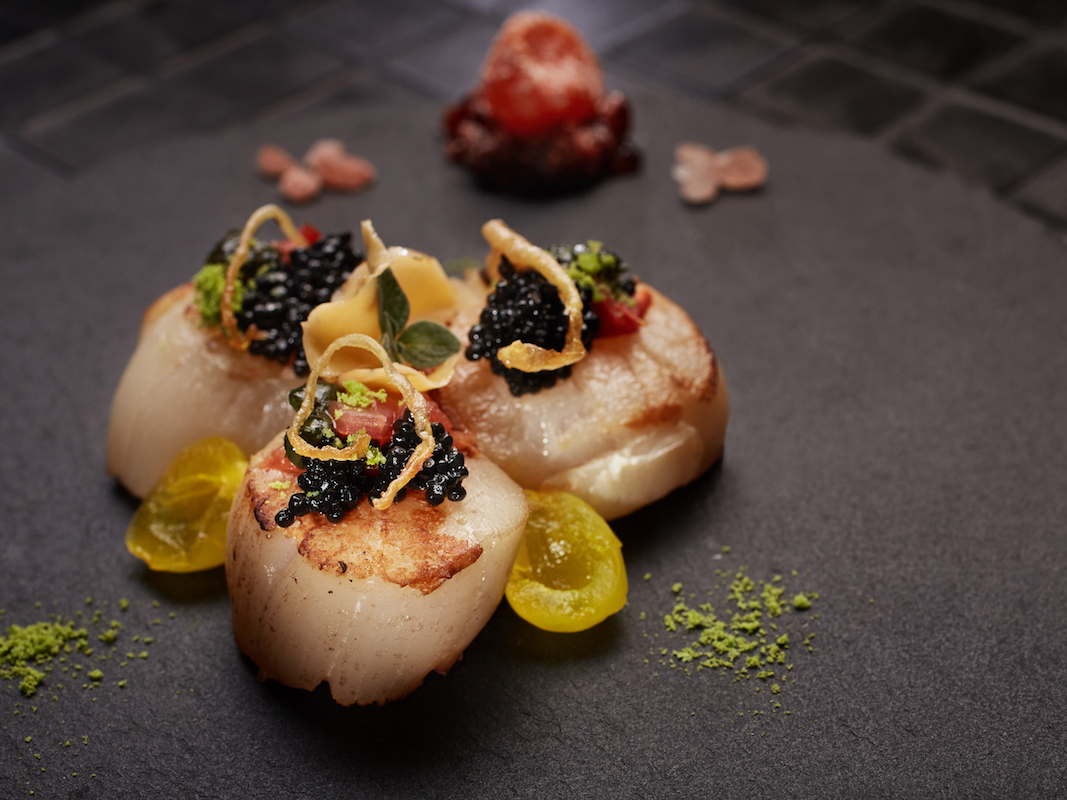Some foods are more controversial than others, and what’s considered taboo or dangerous differs from place to place.
While plenty of products enjoyed in the UK are banned in other countries over health concerns, the UK restricts many foreign foods for exactly the same reason.
Thousands of food shipments have been detained and destroyed at UK customs throughout the years over their failure to comply with the government and the reguations of the European Commission.
We’ve listed some of the most surprising commonplace products that have come under fire.
From jelly sweets to juicy burgers, here are 11 foods that have caused controversy in the UK.
Japanese imports

In 2011, the UK government and the EU ruled that imports of food from Japan can only enter the UK through specific ports and airports where official controls and tests can be carried out, following a major disaster at Fukushima Daiichi nuclear power plant. Five years on, imports of all food from Japan are still heavily restricted.
Sample tests are required on a range of foods including mushrooms, fish, rice, and bamboo shoots originating from Fukushima and other parts of the country affected by the accident before they can be brought to the UK.
Blueberries and cranberries

The UK government's Official Feed and Food Controls Regulations (2007) restricts the importation of "fruits of the forest" (i.e. cranberries and blueberries) from 13 countries including Albania, Russia, Ukraine, Serbia and Bulgaria, following the explosion at Chernobyl nuclear power plant in Ukraine. Imports are tested to make sure they don't carry any radiation.
Mushrooms

The same goes for mushrooms, which are particularly susceptible to radioactive fallout because they don't have roots and absorb nutrients from their surrounding atmosphere. In 2011, a ton of dried mushrooms from Bulgaria were seized and destroyed by the UK Border Agency for containing 10 times the safe levels of radioactive metal.
Brazil nuts and nutmeg

Aflatoxins are poisonous and cancer-causing chemicals that are produced by certain molds which grow in soil, decaying vegetation, hay, grains and nuts. In 2016, the EU ruled that brazil nuts from Brazil need to be accompanied by a health certificate proving that they have don't contain any aflatoxins. The same restrictions also apply to nutmeg imported from Indonesia, after both countries were found to be exporting products with high levels of the toxic chemical.
Chilies

India may be the home of spicy food, but the EU's fears over aflatoxins mean that imports of "caspicum annum" - or chili peppers - from the country have the same strict regulations as brazil nuts. As of January 2016, imports of fresh and dried chillies need to carry a certificate of approval.
Mangoes

Indian mango shipments to the EU were suspended in May 2015 after fruit flies - which posed a threat to food being farmed in the UK - were found in more than 200 packages bound for Europe, but a number of member states including the UK voted to lift the ban months later.
Okra and curry leaves

Fresh okra and curry leaves from India were restricted by the UK government and European Commission in 2014 over fears of pesticide residues being left on the ingredients. Then, in 2015, India's quarantine authorities stopped all okra exports to Europe until it could comply with EU regulations.
Jelly sweets

Jelly sweets are widely sold in the UK, but foods that contain konjac, konjac gum or konjac glucomannan were banned by the Food Standards Agency and the Department of Trade and Industry in 2004 because their slippery texture presents a choking hazard.
Rice

In 2008, UK and EU banned rice products after it was found they contained genetically modified organisms. Rice products from China need to be accompanied by a certificate that either proves they don't contain the unauthorised organism called "Bt 63," or don't contain rice at all.
The regulations apply to dozens of food products, from rice and rice flour to biscuits and even pizzas and quiches.
Seafood

In 2013, the UK government and European Commission banned all imports of "bivalve molluscs" - such as clams, oysters, mussels, scallops - from Turkey over fears that they could contain E. coli or other biotoxins. The ban is due to be lifted on 31 December 2016.
Rare meat

Serving meat rare isn't illegal in the UK, but since gourmet burgers have become a popular food trend around the world, the topic has been at the centre of food safety debates.
In 2012, Westminster City Council in London tried to ban local restaurant Davy's from serving its £13.95 burgers rare. Davy's took the case to the High Court, which could have set a legal precedent as to whether or not diners will be able to order meat rare in the rest of the UK.
The restaurant was allowed to continue serving pink burgers, and there's no outright ban on serving rare meat, but there are still concerns over meat preparation. In August 2016, the Food Standards Agency launched a food safety campaign called "Burgers aren't like Steaks," which circulated on social media emphasising how raw minced meat can contain more harmful bacteria than a regular cut.

